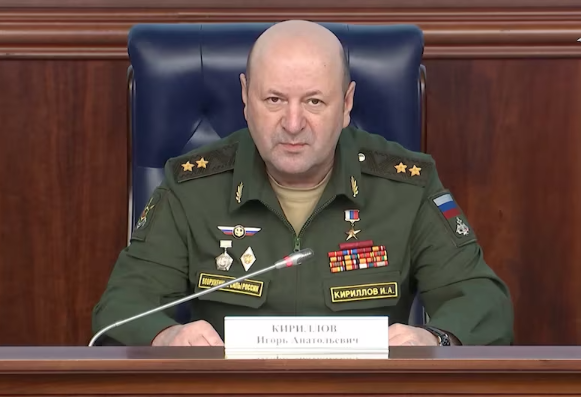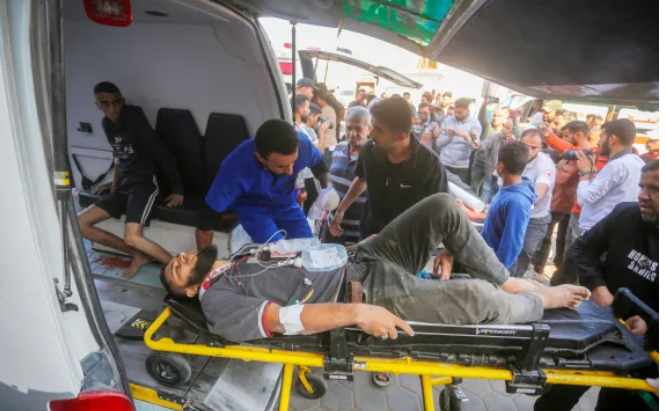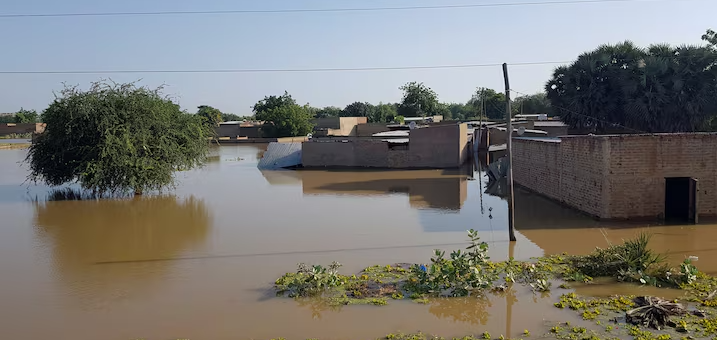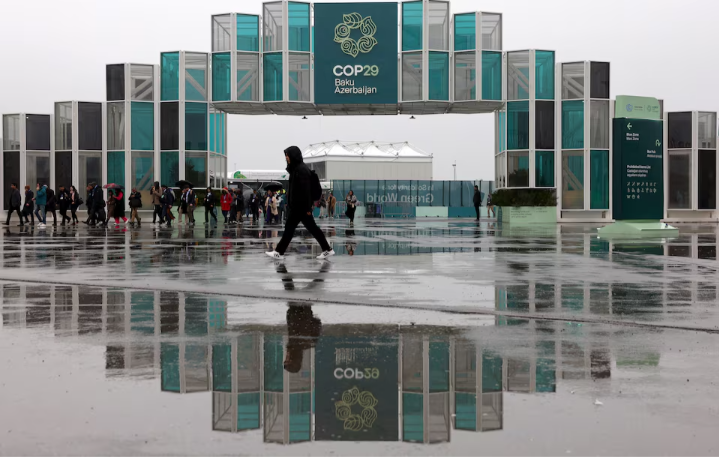Russian authorities have detained a 29-year-old Uzbek national in connection with the assassination of Lieutenant General Igor Kirillov, head of Russia's Nuclear, Biological, and Chemical Protection Troops. Kirillov and his assistant were killed by a bomb concealed in an electric scooter outside his Moscow residence on December 17, 2024. The suspect allegedly confessed to planting and remotely detonating the explosive device, claiming he was recruited by Ukrainian intelligence services and promised $100,000 and relocation to a European Union country in exchange for carrying out the attack.
The Security Service of Ukraine (SBU) has claimed responsibility for the assassination, accusing Kirillov of orchestrating chemical weapon attacks against Ukrainian forces—a charge Moscow denies. A source within the SBU described Kirillov as a war criminal and deemed the operation a justified act of retribution. This incident marks one of the most high-profile targeted killings since the escalation of the Russia-Ukraine conflict.
In response to the assassination, Russian officials have condemned Ukraine's alleged use of terrorist tactics. Former President Dmitry Medvedev, now deputy chairman of the Russian Security Council, vowed to find and punish those responsible, signaling potential retaliatory measures. The Kremlin has announced plans to address the incident at a United Nations Security Council session scheduled for December 20, aiming to garner international support against what it perceives as state-sponsored terrorism by Ukraine.
The assassination has further strained relations between Russia and Western nations. A spokesperson for British Prime Minister Keir Starmer stated that London would not mourn Kirillov's death, citing his role in imposing suffering on the Ukrainian people. Meanwhile, the U.S. State Department condemned Kirillov's alleged atrocities but denied any prior knowledge or involvement in the operation. These reactions underscore the complex geopolitical ramifications of the incident.
As investigations continue, the detained suspect faces charges that could lead to life imprisonment under Russian anti-terrorism laws. The incident has prompted heightened security measures in Moscow and has intensified calls within Russia for decisive action against perceived Ukrainian aggression. The international community watches closely as tensions between the two nations escalate, raising concerns about the potential for further conflict in the region.





